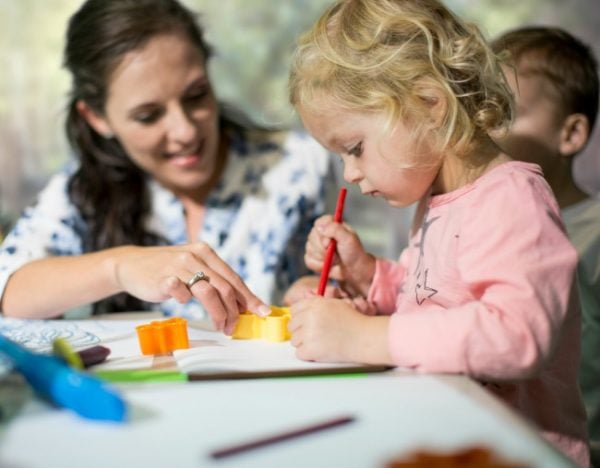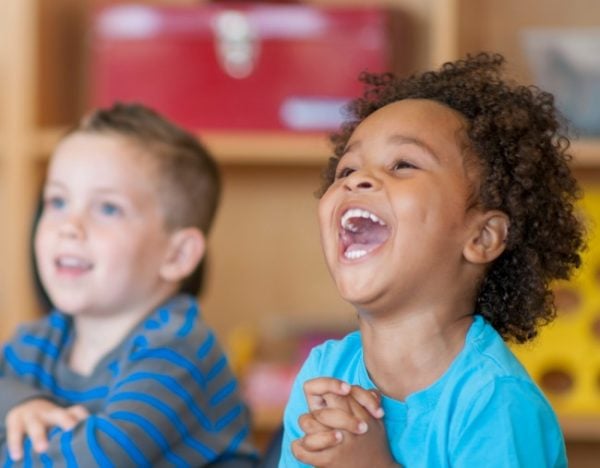The way we live, learn and work is changing, and the way we equip our future generations with the skills they need to thrive need to evolve alongside these changes.
I’m sure every mother, and father, spend countless hours worrying about what type of future our children will be living in and what we can do now to support them to get the most out of life.
The way we teach children at school and at home has a big role to play in the mental health and resilience of our next generation as we head towards a world with more technology connectivity, increasing employment uncertainty and increasing housing affordability issues.
By this I don’t mean that we need to teach kids more about technology, coding or robotics, these are important but we also need to teach them the skills they need to be mentally resilient and healthy.
When I was first introduced to mindfulness I have to admit I was a bit sceptical – it seemed a bit too alternative for the scientific approach that I had been taught throughout my eight years at university.






Top Comments
Mindfulness does not work for everyone. For instance, I have tried it for my anxiety and found that it does not work for me, it actually makes my anxiety worse and I am much more productive if I am allowed to let my mind wander. I also have found no benefit for my son, who's school is big on this.